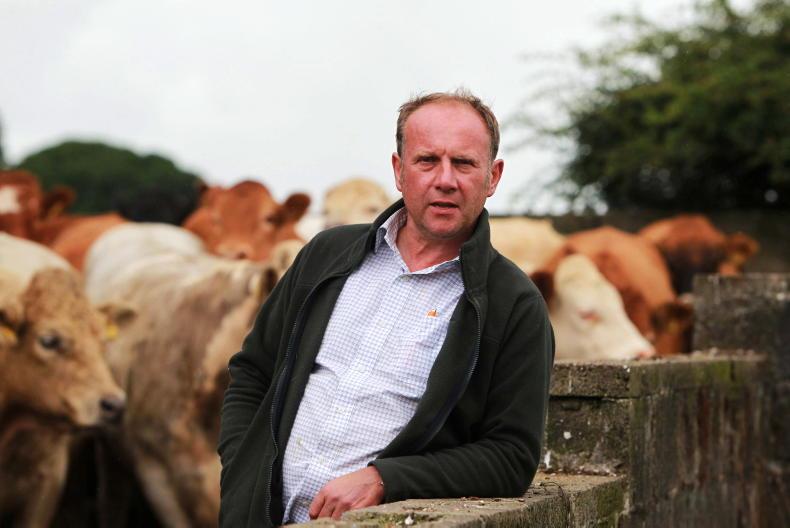Environmental and climate obligations under the new Common Agricultural Policy (CAP) will be greatest for those involved in intensive agriculture.
Minister for Agriculture Michael Creed said the greater focus in terms of sustainability after CAP 2020 reforms will be for more intensive forms of agricultural activity.
He made the comments in the Dáil on Thursday (6 December) in response to a question from Sinn Féin spokesperson on agriculture Martin Kenny TD.
Marginal land
Deputy Kenny asked the Minister if he shared many farmers’ fears that those on more marginal land would be left to shoulder the majority of the burden when it came to environmental and climate action.
In response, Minister Creed said: “I would like to be able to reassure the deputy that the final outcome [of CAP reforms] will meet the objectives that he aspires to.
"The onus and obligation will be greatest on those who are involved in intensive agricultural activity where the challenge to the landscape, the emissions profile, etc, is far more than those that are involved in less intensive forms of agriculture.”
Conditionality
The European Commission’s draft proposals for CAP 2020 include replacing cross compliance with conditionality.
Commission officials from DG Agri have stated that there will be no backsliding on environmental regulations in CAP 2020.
Instead, it will include additional EU regulations, such as the nitrates directive and the water framework directive.
Deputy Kenny said that farmers had serious concerns over the inclusion of eco-schemes as part of pillar one.
These concerns arose from a fear that conditions normally reserved for pillar two environmental schemes such as GLAS would become mandatory under pillar one.
User-friendly
In response, Minster Creed said: “Our objective is to make the new common agricultural policy as user-friendly as possible, but within the context of the clear direction of travel.
"This is to have a CAP that is far greener in its hue and assist us in meeting the challenging obligations we have, particularly in the area of climate change.”
He said farmers in more marginal areas would be recognised for the benefits less intensive agriculture brought, such as huge biodiversity gains and water quality.









SHARING OPTIONS